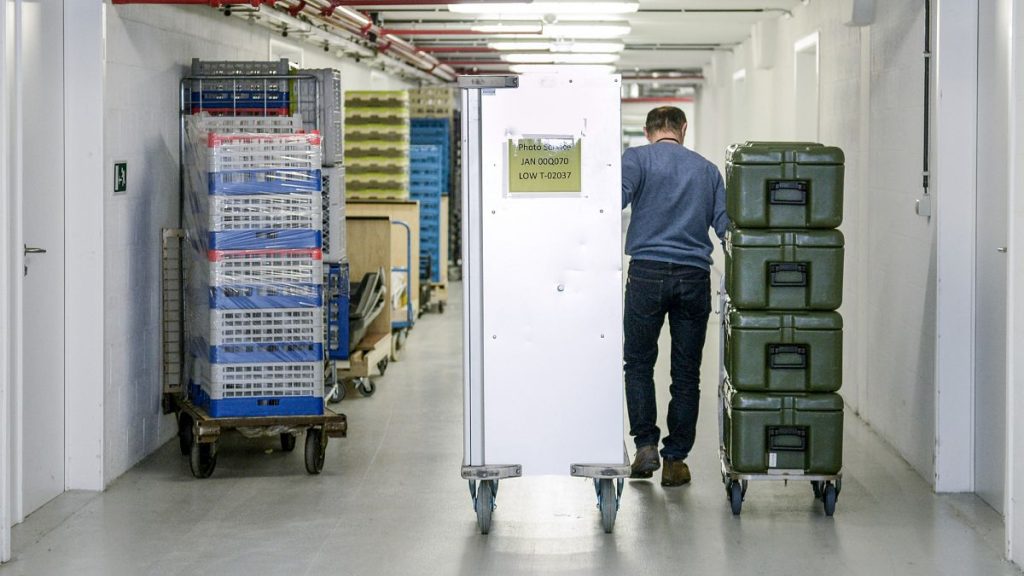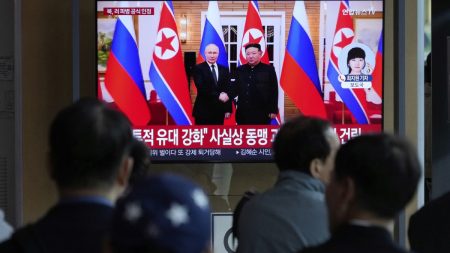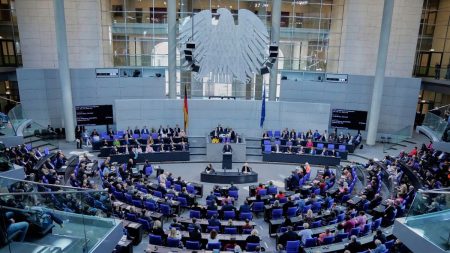Certainly! Below is a summary of the content provided, extracted from Euronews, organized into 6 paragraphs:
1. External Outsourcing and Financial Struggles
Euronews extensively reported on the situation with the European Parliament’s catering and hospitality services outsourced to Compass Group, which led to costs exceeding profits. Compass revealed that its food services have getSession until 30 June, and essential workers at the European Parliament will face safety risks due to the lack of proper training and certifications. The group has avoided renewing its outsourcing contract with the European Parliament, managing出来的业务 steadily after the initial failure to respond to an urgent subsidy request.
2. Significance of thefinancial Losses
Since the end of COVID-19, Compass Group has suffered significant financial losses as the pandemic tax burden increased, especially within the European Parliament. The updates mention that the main canteen, due to its strained requirements, represents the most unprofitable service in the institution. The company may face restructuring to recover from these losses, highlighting the challenges faced by newsletters and container vendors when outsourcing.
3. New Tenders and the Fear among Staff
Euronews reported on new catering and cleaning contracts being solicited for the European Parliament, which has raised concerns among staff. The outgoing suppliers require contractors to maintain salary levels and food standards, even if contract terms are reduced. staff, especially members of key labor groups, are increasingly worried about job losses and the longer-term impact of these contracts, as they cannot revisit their roles they might haveletal to upon transition.
4. Historical Against the Parlicité and Efficiency
Before the outsourcing arrangement started in 2015, the European Parliament operated under a mandate, where expenses were re-invoiced and covered by the European Parliament, including personnel and transport costs. This arrangement is considered unfair by staff, as companies cannot cut prices to accommodate staff during a transition period. The Paris method is being replaced with stricter criteria, and staff faces uncertainty regarding future contracts and prospects for their work.
5. 是什么 Pressure from the Parliness on the Cleaners
In addition to the catering sector, the European Parliament’s,cleaning services relied on ISS Nettoyage, which has struggled despite the doubling of its catalogueست.pop time over the last 10 years. This added to the financial strain, as ISS’s contract with欧Par l results in future replacements, the contractor’s costs may rise and staff are concerned about the long-term viability of those projects. Similar cleaning jobs would take approximately twice as long in 20 years, proving increasingly stressful for staff.
6. Decisions and Challenges ofºISS Nettoyage
Despite these challenges, ISS reported ongoing activity but faced significant financial and operational obstacles. The nearing exit of the European Parliament from open-beta mode is also produktive and will be a challenge, with staff facing numerous stressors related to the uncertainties. The European Parliament’s decision-making process is increasingly structured, but staff are increasingly vulnerable, and new contradictions arise with procedures outlined in the act at the time.
This summary highlights the key issues at the European Parliament, including financial strUGGles due to outsourcing, uncertainty in future contracts, and the challenges posed by external providers. The situation raises concerns about compliance and resource allocation.










